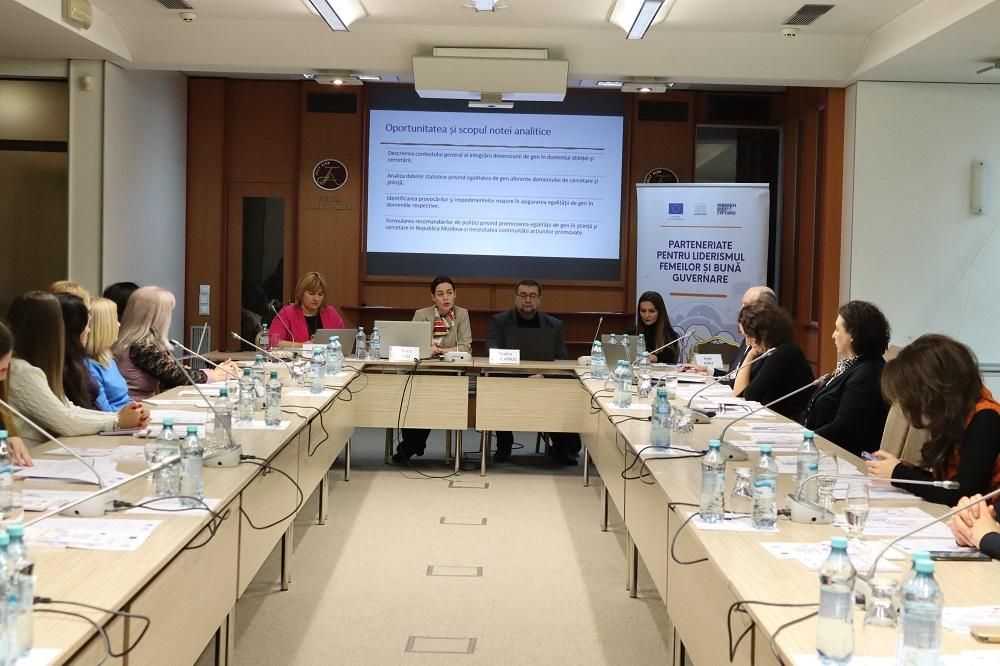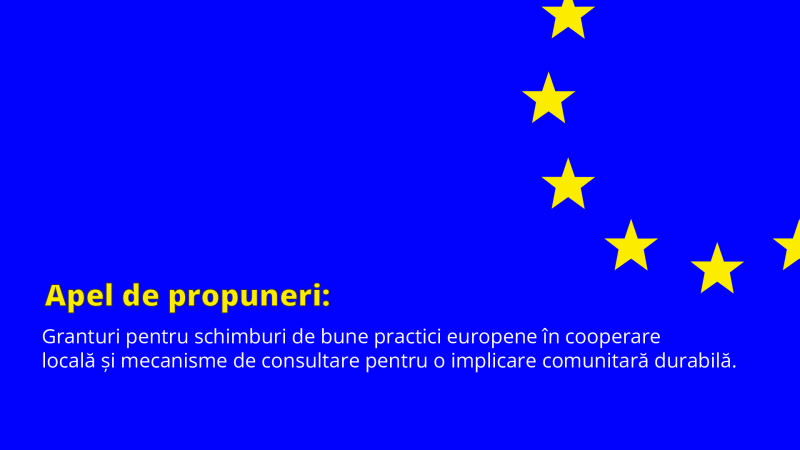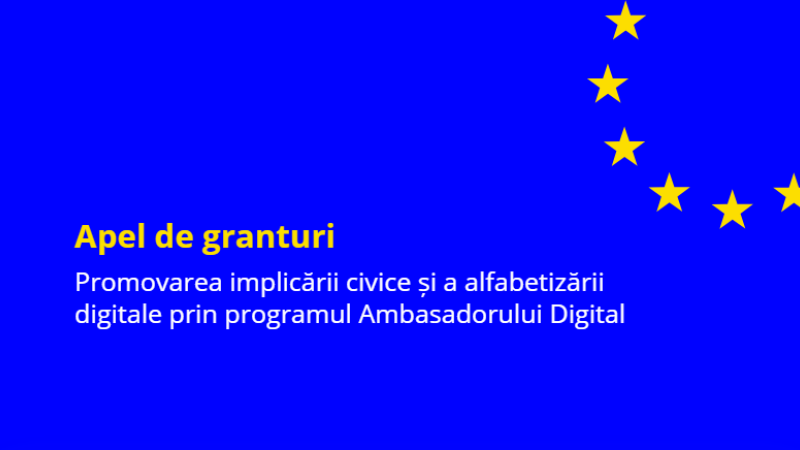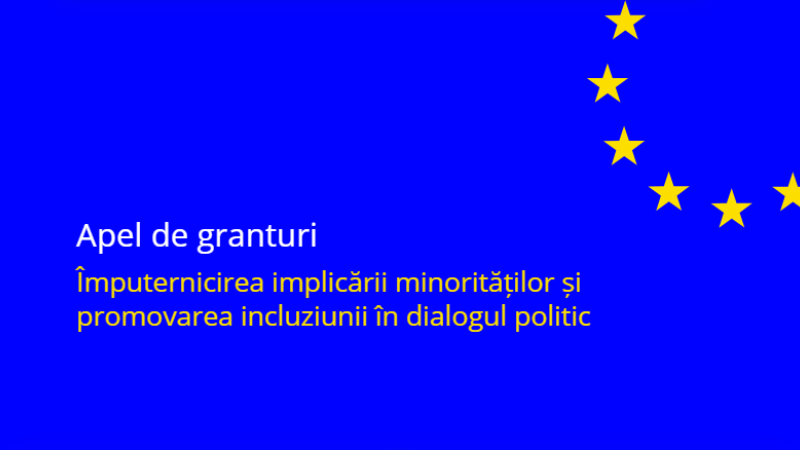
Abordarea inegalităților de gen în domeniul cercetării din Moldova
În pofida eforturilor existente de promovare a șanselor egale pentru femei și bărbați, specialistele din domeniul cercetării continuă să se confrunte cu problema accesului inegal la oportunitățile de finanțare a proiectelor de cercetare, inclusiv la funcții de conducere în instituțiile de cercetare sau la premiile academice. Concluzia a fost formulată vineri, 16 decembrie, în cadrul prezentării publice a notei analitice „Femeile în știință și cercetare: provocări în calea egalității de gen și politici recomandate”. Documentul a fost realizat în cadrul proiectului „Parteneriate pentru liderismul femeilor și bună guvernare”, implementat de Fundația „Friedrich Ebert” Moldova și AO „Institutum Virtutes Civilis”, cu suportul financiar al Uniunii Europene și Fundației „Friedrich Ebert”.
Potrivit notei analitice semnate de Dr.conf.univ. Mariana Iațco, deși cercetările arată că femeile au aceleași aptitudini, metode şi abordări generale ale problemelor științifice ca şi bărbații, ele sunt subreprezentate la nivelurile ierarhice superioare în domeniul științei. „Egalitatea de gen nu s-a realizat pe deplin încă în mediul științific și academic, situația variind în funcție de domeniile de cercetare și în gradul academic, astfel, este evidentă prezența scăzută a femeilor în cele mai înalte poziții academice și decizionale din institutele științifice și în universitățile din ţară. Acest lucru indică asupra existenței unui „plafon de sticlă”, adică a unor bariere invizibile bazate pe prejudecăți, ce limitează femeile să acceadă la posturi de conducere.”, a menționat Mariana Iațco.
Datele cu care a operat experta arată că, în prezent, din 45 de cercetătorii științifici aleși în calitate membri ai Secțiilor de științe ale Academiei de Științe a Moldovei doar 14 sunt femei, iar din 24 de rectori ai instituțiilor de învățământ superior, doar cinci sunt femei.
Potrivit Lilianei Palihovici, președinta AO „Institutum Virtutes Civilis”, lidera proiectului „Parteneriate pentru liderismul femeilor și bună guvernare”, subiectul privind inechitățile din cadrul sistemului de cercetare este unul foarte sensibil pentru toată lumea. „Prin această cercetare ne-am dorit să lansăm discuțiile asupra unui domeniu prea puțin dezbătut în societate. Speranța noastră e că, mai târziu, Parlamentul va opera modificări în legislație pentru a încuraja femeile să participe activ în domeniul de cercetare și știință. Dacă e să comparăm situația din Republica Moldova cu cea din statele europene: la un milion de locuitori avem de 4,5 ori mai puțini cercetători decât media europeană. Bineînțeles, deja sunt unele semne de schimbare a atitudinii autorităților, însă mai avem multe de făcut”, a menționat Liliana Palihovici.
Coordonatoarea proiectului „Parteneriate pentru liderismul femeilor și buna guvernare”, Inga Iovu, a atras atenția că subiectul privind situația din domeniul cercetării este în continuare unul vulnerabil. „Atunci când am decis să analizăm inechitățile de gen din domeniul cercetării ne-am dorit, de fapt, să creăm o primă platformă de discuții pe marginea acestei teme importante. Cu cât mai mulți dintre noi vom înțelege că lipsa egalității de șanse în domeniu reprezintă o problemă, cu atât mai rapid vom face schimbarea”, s-a arătat convinsă Inga Iovu.
Documentul a fost transmis Comisiei Cultură, educație, cercetare, tineret, sport și mass-media din Parlamentul Republicii Moldova, iar vicepreședintele acesteia, deputatul Virgil Pâslariuc, a menționat că nota analitică reprezintă un suport pentru autorități, astfel încât în următoarea perioadă să fie promovate cele mai bune politici pentru a asigura egalitatea de șanse în domeniu. „Cercetarea și știința sunt domenii care au fost în mod greșit sub-evaluate. Din păcate, în societate încă nu se înțelege că o creștere economică substanțială este asigurată de un domeniu al cercetării și inovațiilor puternic. În concluzie, e necesar să atragem atenția la educație și știință – de ele depinde viitorul societății noastre”, a atras atenția Virgil Pâslariuc.
Evenimentul a fost organizat în cadrul proiectului „Parteneriate pentru liderismul femeilor și bună guvernare”, implementat de Fundația „Friedrich Ebert” Moldova și AO „Institutum Virtutes Civilis”, cu suportul financiar al Uniunii Europene și Fundației „Friedrich Ebert”.


